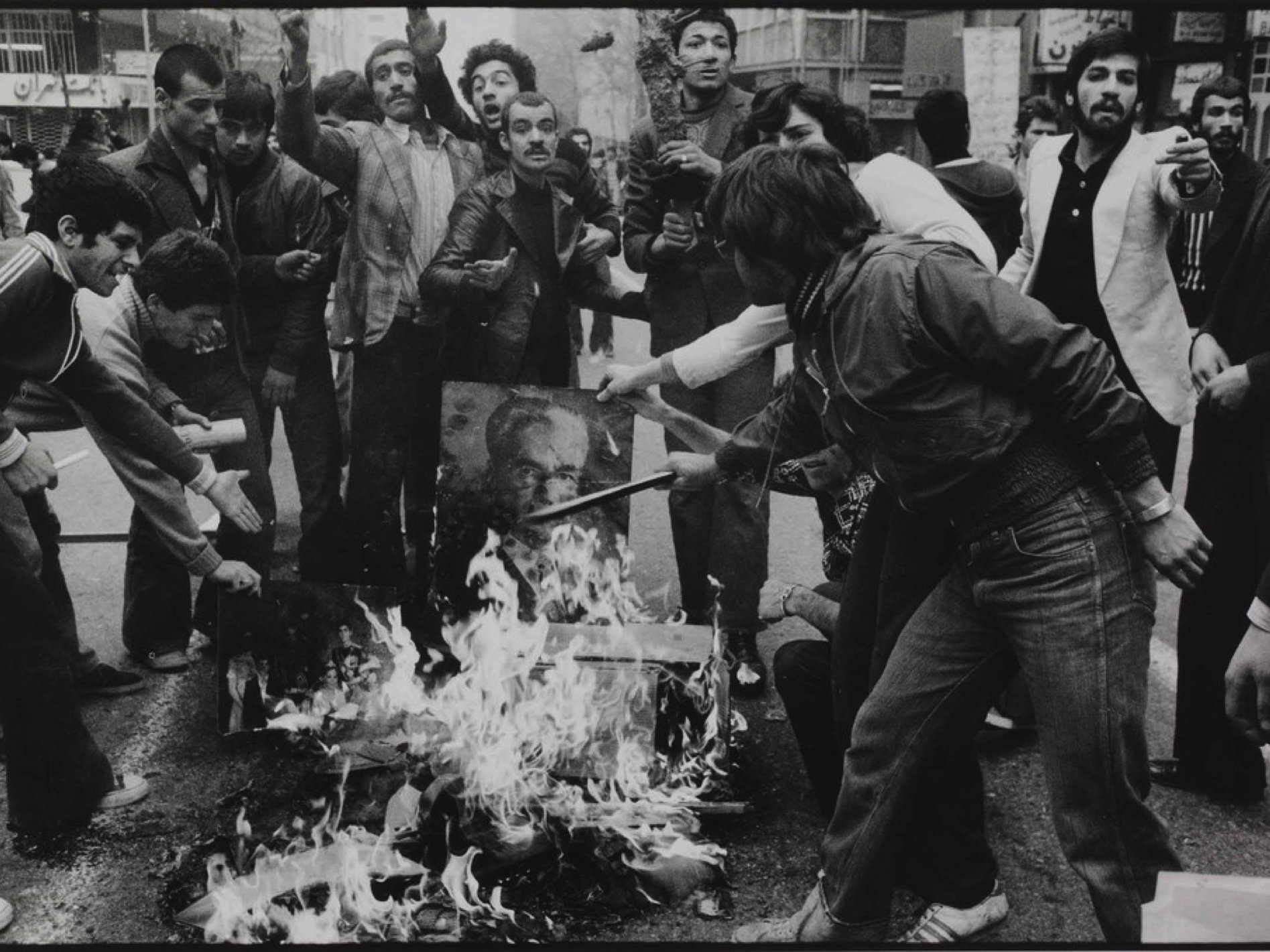
HY440 examines the origins of the 1978-79 Iranian Revolution in the cultural, diplomatic, intellectual, political, and social history of Pahlavi Iran. The course begins with the emergence of the modern Iran during the Constitutional Revolution in the Qajar era, before turning to the Iranian encounter with decolonisation and the Cold War under the Pahlavi monarchy. We discuss Iran’s experience of American modernisation and the crisis of legitimacy that engulfed the last Shah of Iran, Mohammad Reza Pahlavi, following the 1953 coup in Iran. The course locates the origins of the Iranian Revolution in the global contest between the Shah and the Iranian opposition throughout the 1960s and 1970s, as both the state and its opponents contested notions of modernity, Shi’a Islam, universal human rights, and Third Worldism. Students are asked to look in depth at the politics and ideology of the Pahlavi state and the opposition forces arrayed against the Shah, both in a national and global context. A particular emphasis of the course is on the international relations of Pahlavi Iran, particularly Iran’s relations with the United States, and the transnational connections between the Iranian opposition and the anti-imperialist movements of the global 1960s and 1970s. The course culminates with the fall of the Pahlavi monarchy in 1979 and the subsequent creation of the Islamic Republic.
